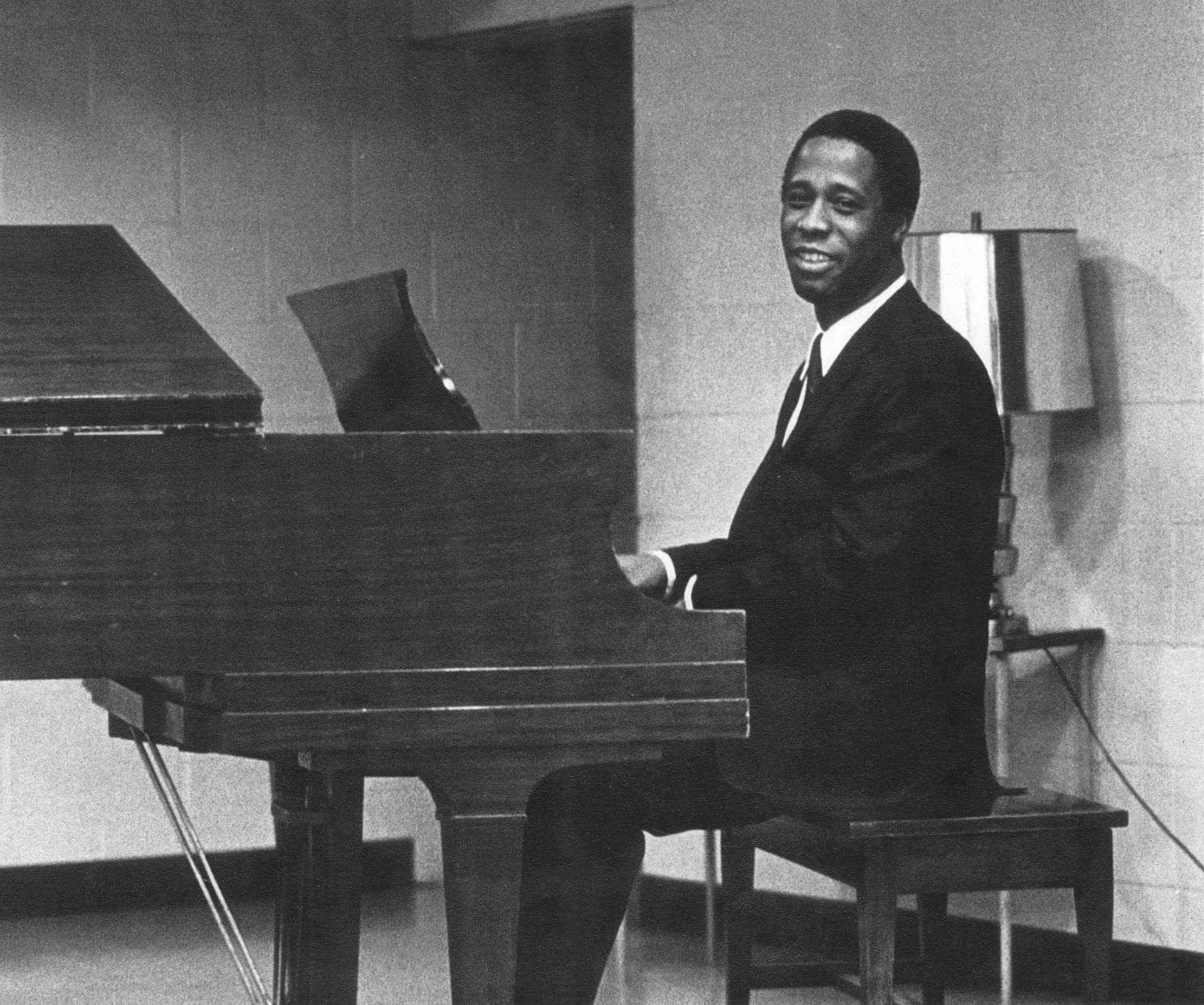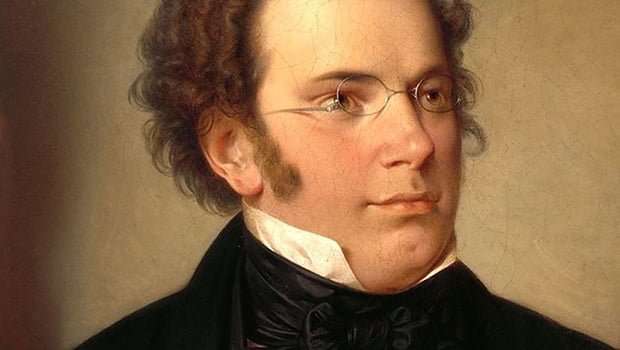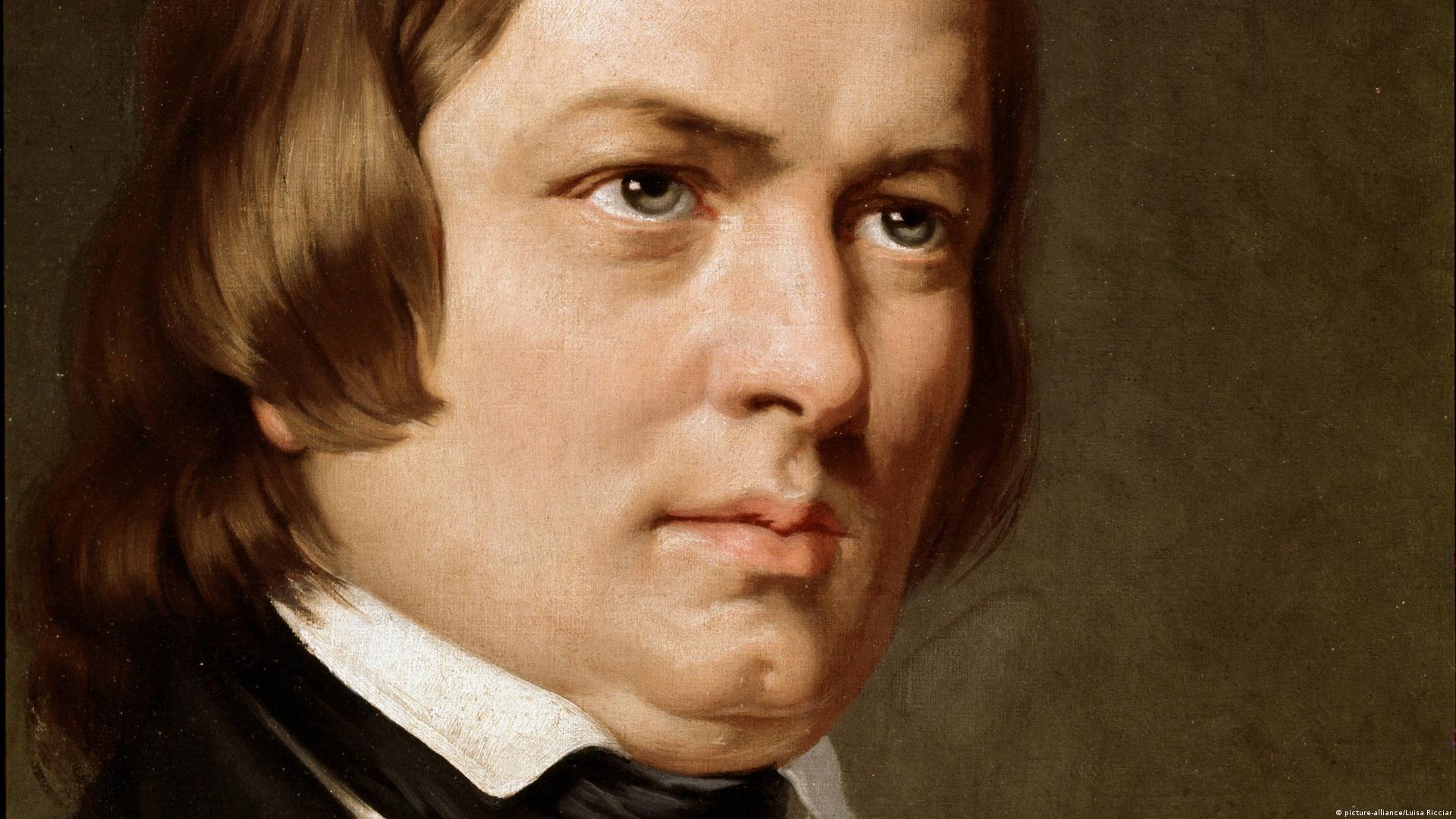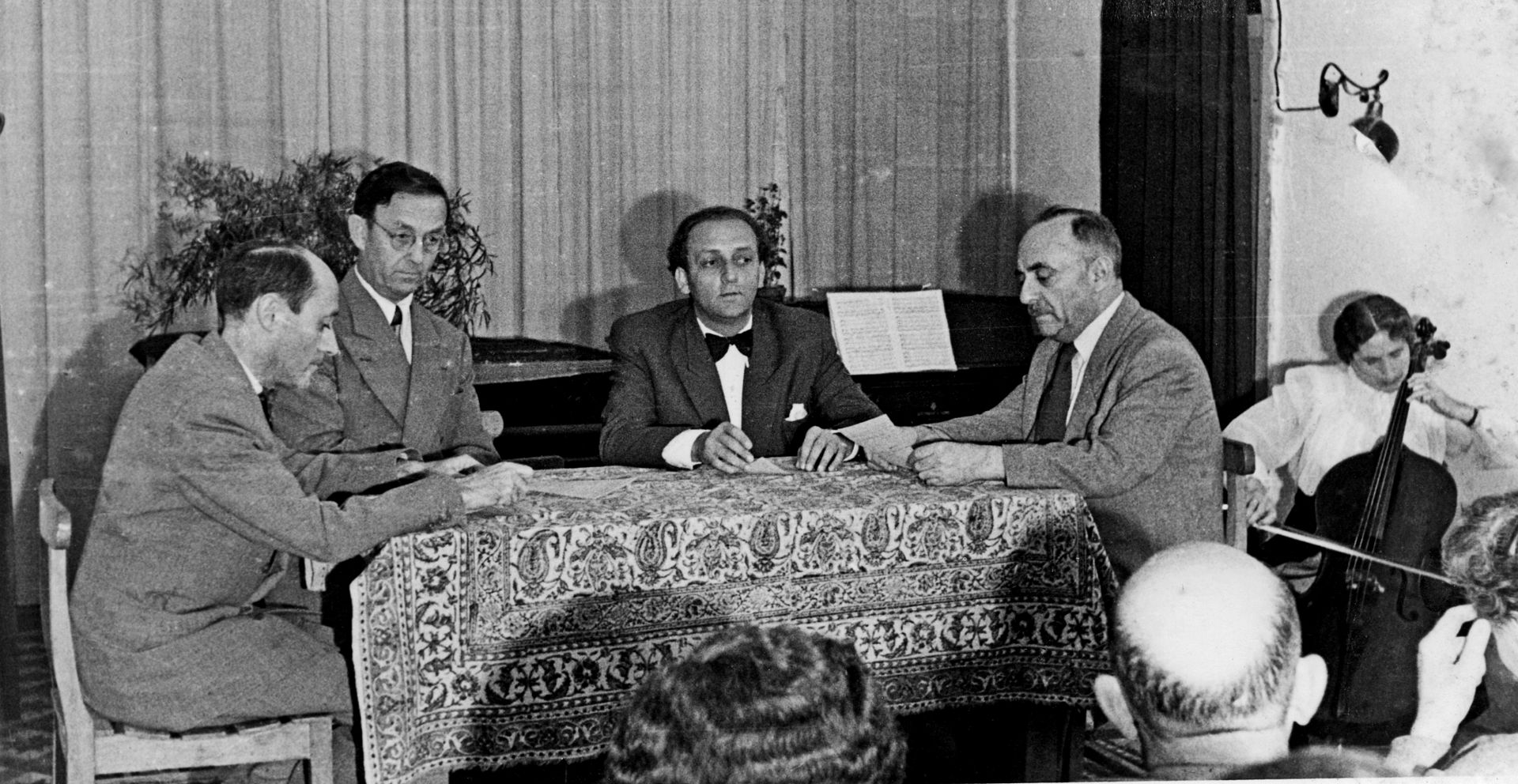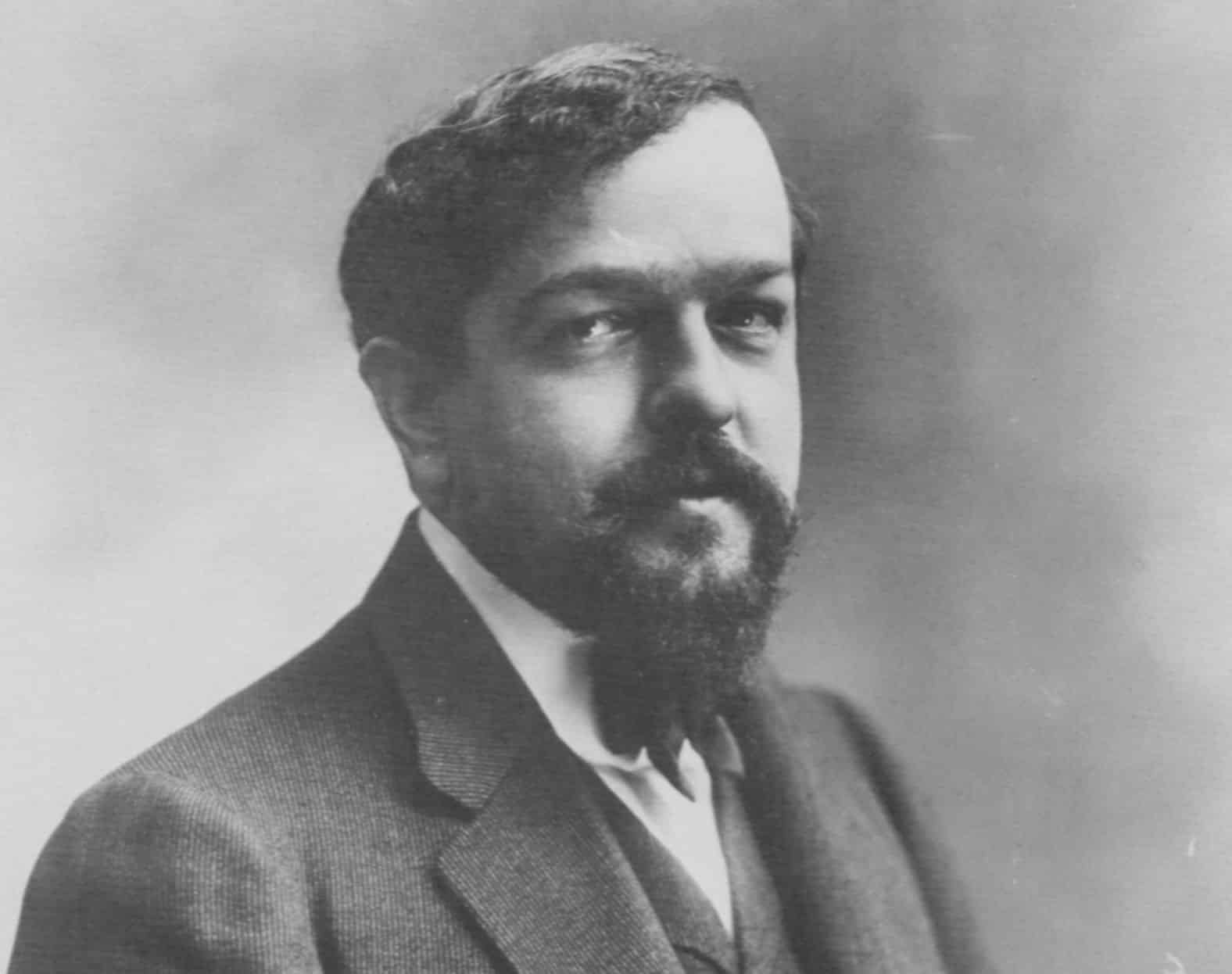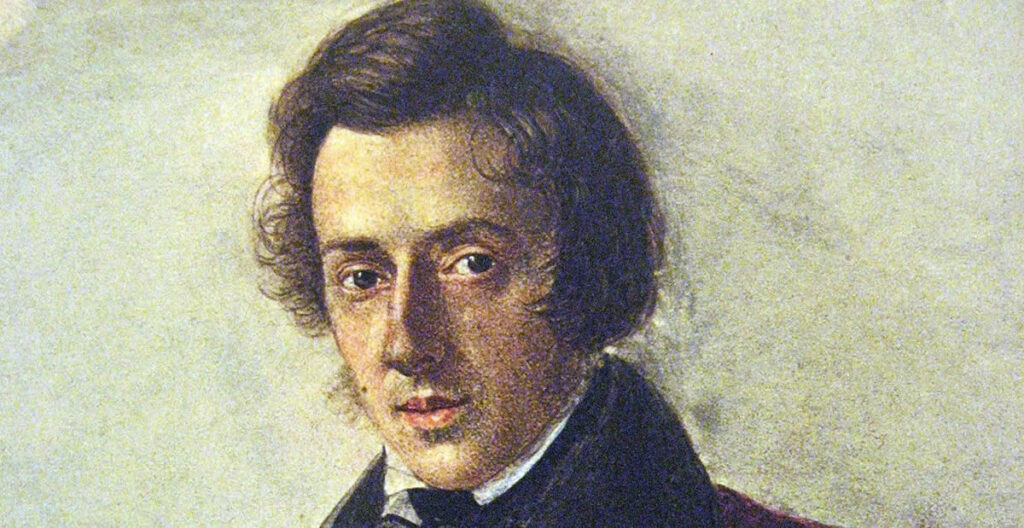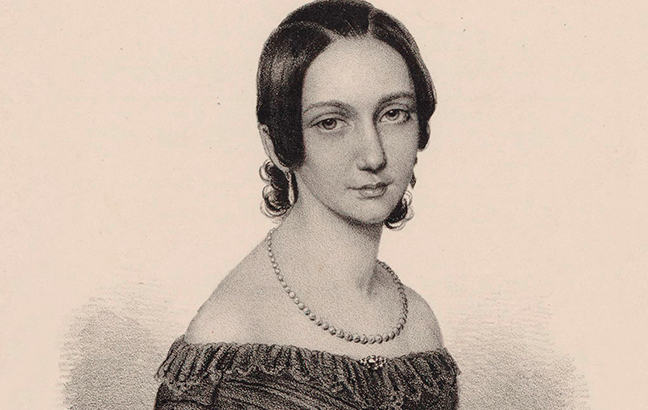Scott Joplin, often referred to as the "King of Ragtime," was one of the most influential composers in American music history. His innovative ragtime compositions helped shape early 20th-century American music, blending African American musical traditions with classical elements. Below are five of Joplin's most celebrated compositions that continue to captivate listeners today.
Franz Schubert, a pivotal figure in the transition from the Classical to the Romantic era, left behind a rich legacy of compositions that continue to captivate audiences. Known for his remarkable ability to blend lyrical beauty with profound emotional depth, Schubert's works span various genres, from symphonies and chamber music to songs and piano pieces. Here's a closer look at ten of his most celebrated compositions.
Alexander Scriabin was a visionary composer and pianist whose innovative ideas and unique compositions left a lasting impact on the world of classical music. Here are five interesting facts about this enigmatic figure:
One of the most fascinating aspects of Scriabin's life was his synesthesia, a condition where one sensory experience involuntarily triggers another. Scriabin associated colors with musical notes, and this unique perception influenced his compositions profoundly. He devised a "color keyboard," which aimed to project colors in tandem with the music being played. This synesthetic vision was notably reflected in his work "Prometheus: The Poem of Fire," which includes a part for a color organ, an instrument intended to display colors corresponding to the music.
Robert Schumann was born on June 8, 1810, in Zwickau, Saxony, which was then part of the Kingdom of Saxony. He was the youngest of five children in a family that valued literature and music, as his father, August Schumann, was a bookseller and publisher. His mother, Johanna Christiane, was less enthusiastic about his musical ambitions, preferring he pursue a stable career. Schumann's early life was steeped in the arts, with a particular affinity for literature, which would later influence his songwriting.
Schumann began piano lessons at a young age, displaying considerable talent. At the age of seven, he composed his first piece of music. His father recognized his potential and arranged for him to study under Friedrich Wieck, a prominent piano teacher. Despite this encouragement, Schumann’s formal education was initially directed towards law, a profession his mother preferred for him.
Born on September 24, 1910, in the rich cultural milieu of the Austro-Hungarian Empire, Frank Pelleg's destiny as a musical virtuoso seemed ordained from an early age. Hailing from a lineage deeply rooted in the world of classical music, Pelleg's journey unfolded amidst the turbulent backdrop of shifting borders and political upheavals.
From his formative years, Pelleg displayed an exceptional affinity for music, particularly the piano. His talent quickly garnered attention, leading him to pursue formal training under renowned masters of the era. Immersed in the rich tapestry of European musical tradition, Pelleg honed his skills with dedication and fervor, showcasing a remarkable aptitude for both performance and composition.
Charles Valentin Alkan was a remarkable figure in the world of classical music, revered for his virtuosity as a pianist and admired for his innovative compositions. Born on November 30, 1813, in Paris, France, Alkan displayed prodigious musical talent from an early age. His father, Alkan Morhange, recognized his son's potential and provided him with rigorous musical training.
Alkan's musical education began under the guidance of his father, himself a talented musician. Recognizing Charles's exceptional abilities, his father arranged for him to study piano with Joseph Zimmermann and composition with Charles-Henri Valentin Morhange, his older brother. Under their tutelage, Alkan's talent flourished, and he made his public debut as a pianist at the age of seven.
Scott Joplin, often dubbed the "King of Ragtime," was a pioneering American composer and pianist whose innovative compositions forever changed the landscape of American music. Born sometime between 1867 and 1868 in Northeast Texas, the exact date of Joplin's birth remains uncertain due to a lack of official records. Raised in a musical family of former slaves, Joplin showed early promise as a musician, learning to play the piano at a young age.
Despite facing numerous challenges as an African American during the post-Civil War era, Joplin's passion for music persevered. He honed his skills by studying music theory and composition, eventually venturing out to perform in various clubs and saloons across the Midwest. It was during these formative years that Joplin began experimenting with a syncopated style of music known as ragtime, blending elements of African rhythms with European musical traditions.
Claude Debussy, a French composer of the late 19th and early 20th centuries, is renowned for his groundbreaking contributions to the world of classical music. His innovative and impressionistic style had a profound influence on the development of modern music. Here are ten interesting facts about Claude Debussy:
1. Early Life and Education: Claude Debussy was born on August 22, 1862, in Saint-Germain-en-Laye, France. He displayed an early aptitude for music and began his formal musical education at the Paris Conservatoire at the age of ten.
Frederic Chopin, a composer and pianist of unparalleled genius, left an indelible mark on the world of music during his short but brilliant life. Born in 1810 in Zelazowa Wola, Poland, and passing away in 1849 in Paris, France, Chopin's legacy endures as one of the most influential figures in the history of classical music. His life and work are a testament to the enduring power of art to transcend time and space, and this biography seeks to explore the life, struggles, and immense contributions of this musical genius.
Clara Schumann, born Clara Josephine Wieck on September 13, 1819, in Leipzig, Germany, was a remarkable pianist and composer who left an indelible mark on the world of classical music during the 19th century. Her life was a testament to talent, perseverance, and resilience, as she navigated the complexities of being a female musician in a male-dominated field.
Clara was a prodigy from an early age. Her father, Friedrich Wieck, was a well-known piano teacher, and he recognized her exceptional musical abilities from the start. Under her father's rigorous tutelage, Clara began performing in public when she was just nine years old. Her stunning virtuosity and deep emotional connection to the music she played captivated audiences throughout Europe.
